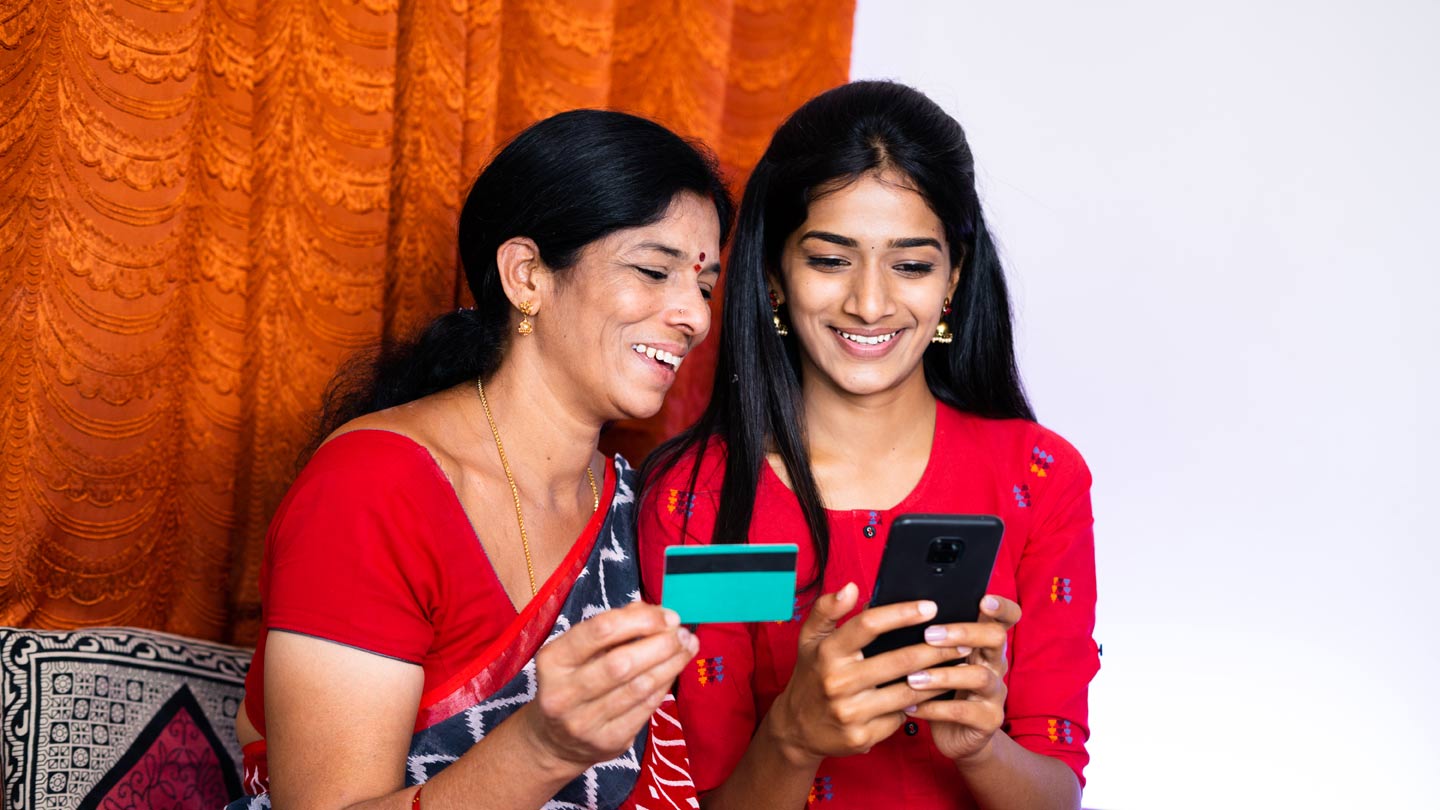For millions of low-and moderate-income (LMI) households worldwide, improving financial health is not always straightforward and access to relevant and secure financial tools can be limited. Financial technology (fintech) has played an important role in lowering barriers to access and introducing solutions that address acute financial challenges. As a part of the firm’s commitment to advance financial health in communities around the work, JPMorganChase supported the launch of two LMI-focused fintech incubators, the Financial Solutions Lab in the U.S. and the Financial Inclusion Lab in India.
Financial Solutions Lab
In 2014, JPMorganChase partnered with the Financial Health Network (FHN) to launch the Financial Solutions Lab (FSL) which set out to cultivate, support, and scale U.S.-based, mission-driven, and commercially-viable ventures focused on meeting LMI households’ needs. This first-of-its-kind incubator played a significant role in elevating financial health as a priority in national dialogues and encouraged incumbent fintech companies to more explicitly focus on LMI communities. Compared to peer companies that applied to FSL but were not selected, companies participating in the program raised more capital, attracted significantly more customers, and pioneered revolutionary products that, in some cases, had an industry-wide impact. See the full brief below to read about lessons learned from the Financial Solutions Lab.
Financial Solutions Lab brief
Financial Inclusion Lab
In 2014, 53 percent of India’s adult population had bank accounts. Government officials were concerned that public benefits did not completely reach unbanked and LMI households. Fears of benefits leakage—the difference between benefits disbursed and the amount actually received—drove the Indian government to overhaul and transform its benefits delivery, expand digital access, and upgrade financial services access throughout the country. This change led to a dramatic rise in fintechs and technology-based solutions.
Building on the insights and learnings from the FSL, in 2018, JPMorganChase announced it would support the launch of a similar initiative in India, the Financial Inclusion Lab (FIL). In partnership with the Indian Institute of Management Ahmedabad’s IIMA Ventures (formerly CIIE), as well as a coalition of international philanthropies, FIL was created to further innovate and bridge India’s fintech divide for LMI and rural populations. Collectively, FIL participant companies generated more than $80 million USD in follow-on funding for participant companies and served over 30 million LMI customers. See the full brief below to read about lessons learned from the Financial Inclusion Lab.
Financial Inclusion Lab—Innovations for equitable access brief
For a two-page snapshot of the Financial Inclusion Lab, click below.
Financial Inclusion Lab—Innovations for equitable access summary




